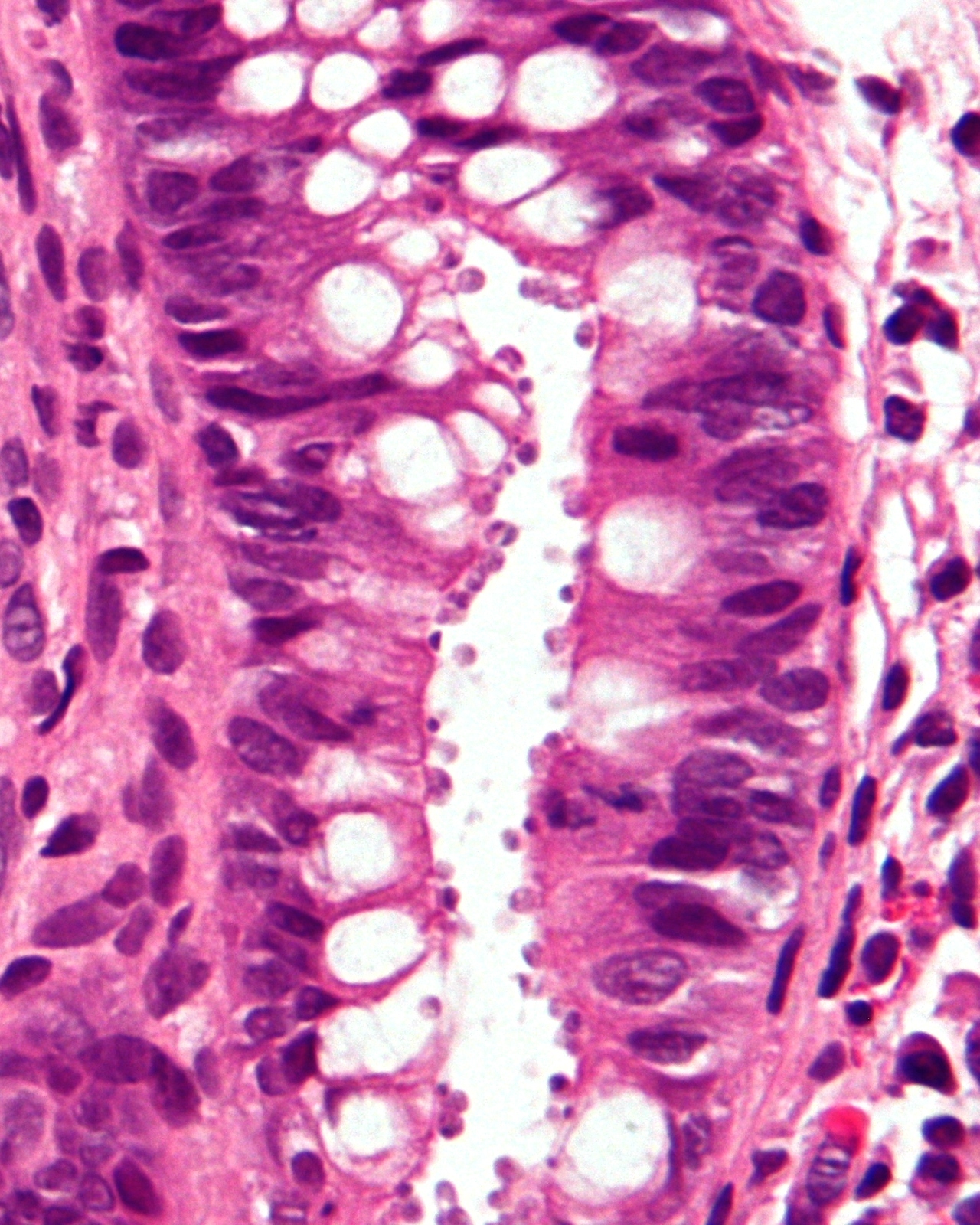Cryptosporidiosis
Editor-In-Chief: Prab R Tumpati, MD
Obesity, Sleep & Internal medicine
Founder, WikiMD Wellnesspedia &
W8MD medical weight loss NYC and sleep center NYC
| Cryptosporidiosis | |
|---|---|

| |
| Synonyms | N/A |
| Pronounce | N/A |
| Specialty | N/A |
| Symptoms | Watery diarrhea, abdominal pain, nausea, vomiting, fever |
| Complications | Dehydration, malnutrition |
| Onset | 2 to 10 days after exposure |
| Duration | 1 to 2 weeks, can be longer in immunocompromised individuals |
| Types | N/A |
| Causes | Cryptosporidium species |
| Risks | Immunocompromised status, young children, contaminated water |
| Diagnosis | Stool test, antigen detection, PCR |
| Differential diagnosis | N/A |
| Prevention | Water treatment, handwashing, avoiding contaminated food and water |
| Treatment | Rehydration therapy, nitazoxanide |
| Medication | N/A |
| Prognosis | Generally good in healthy individuals, can be severe in immunocompromised |
| Frequency | Common in developing countries |
| Deaths | N/A |
Cryptosporidiosis is an illness caused by the parasite, ''Cryptosporidium''. The condition is most commonly associated with watery diarrhea.
Signs and symptoms[edit | edit source]
signs and symptoms may include watery diarrhea,dehydration, weight loss, stomach cramps, fever, nausea and/or vomiting. Less common or rare signs and symptoms include:
- Reactive arthritis (may affect the hands, knees, ankles, and feet)
- Jaundice – suggests hepatobiliary involvement
- Ascites – suggests pancreatic involvement
Cause[edit | edit source]
Cryptosporidium is a genus of protozoan pathogens which is categorized under the phylum Apicomplexa.
Cryptosporidiosis occurs when the parasite enters the body, often through contaminated food and water or because of poor handwashing hygiene.
Cryptosporidium is capable of completing its life cycle within a single host, resulting in microbial cyst stages that are excreted in feces and are capable of transmission to a new host via the fecal-oral route. Other vectors of disease transmission also exist.
Risk factors[edit | edit source]
Although cryptosporidiosis can affect all people, young children, pregnant women and people with severely weakened immune systems(i.e those with AIDS;Cancer and transplant patients who are taking certain immunosuppressive drugs; and those with inherited diseases that affect the immune system) are likely to develop a more serious illness.
Diagnosis[edit | edit source]
There are many diagnostic tests for Cryptosporidium. They include microscopy, staining, and detection of antibodies. There are several techniques to concentrate either the stool sample or the oocysts. Other staining techniques include acid-fast staining. Polymerase chain reaction (PCR) is another way to diagnose cryptosporidiosis. It can even identify the specific species of Cryptosporidium.
Treatment[edit | edit source]
Medications such as nitazoxanide have been used to treat diarrhea in both adults and children. However, most people who have healthy immune systems will recover without treatment. The medication(s) listed below have been approved by the Food and Drug Administration (FDA) as orphan products for treatment of this condition. Nitazoxanide (Brand name: Alinia®)Treatment of diarrhea caused by Cryptosporidium parvum and Giardia lamblia
Prevention[edit | edit source]
Many treatment plants that take raw water from rivers, lakes, and reservoirs for public drinking water production use conventional filtration technologies. This involves a series of processes, including coagulation, flocculation, sedimentation, and filtration. Direct filtration, which is typically used to treat water with low particulate levels, includes coagulation and filtration, but not sedimentation. Other common filtration processes, including slow sand filters, diatomaceous earth filters and membranes will remove 99% of Cryptosporidium. The most reliable way to decontaminate drinking water that may be contaminated by Cryptosporidium is to boil it.
| This article is a medical stub. You can help WikiMD by expanding it! | |
|---|---|
| Protozoan infection: SAR and Archaeplastida | ||||
|---|---|---|---|---|
|
Search WikiMD
Ad.Tired of being Overweight? Try W8MD's physician weight loss program.
Semaglutide (Ozempic / Wegovy and Tirzepatide (Mounjaro / Zepbound) available.
Advertise on WikiMD
|
WikiMD's Wellness Encyclopedia |
| Let Food Be Thy Medicine Medicine Thy Food - Hippocrates |
Translate this page: - East Asian
中文,
日本,
한국어,
South Asian
हिन्दी,
தமிழ்,
తెలుగు,
Urdu,
ಕನ್ನಡ,
Southeast Asian
Indonesian,
Vietnamese,
Thai,
မြန်မာဘာသာ,
বাংলা
European
español,
Deutsch,
français,
Greek,
português do Brasil,
polski,
română,
русский,
Nederlands,
norsk,
svenska,
suomi,
Italian
Middle Eastern & African
عربى,
Turkish,
Persian,
Hebrew,
Afrikaans,
isiZulu,
Kiswahili,
Other
Bulgarian,
Hungarian,
Czech,
Swedish,
മലയാളം,
मराठी,
ਪੰਜਾਬੀ,
ગુજરાતી,
Portuguese,
Ukrainian
Medical Disclaimer: WikiMD is not a substitute for professional medical advice. The information on WikiMD is provided as an information resource only, may be incorrect, outdated or misleading, and is not to be used or relied on for any diagnostic or treatment purposes. Please consult your health care provider before making any healthcare decisions or for guidance about a specific medical condition. WikiMD expressly disclaims responsibility, and shall have no liability, for any damages, loss, injury, or liability whatsoever suffered as a result of your reliance on the information contained in this site. By visiting this site you agree to the foregoing terms and conditions, which may from time to time be changed or supplemented by WikiMD. If you do not agree to the foregoing terms and conditions, you should not enter or use this site. See full disclaimer.
Credits:Most images are courtesy of Wikimedia commons, and templates, categories Wikipedia, licensed under CC BY SA or similar.
Contributors: Deepika vegiraju, Prab R. Tumpati, MD


